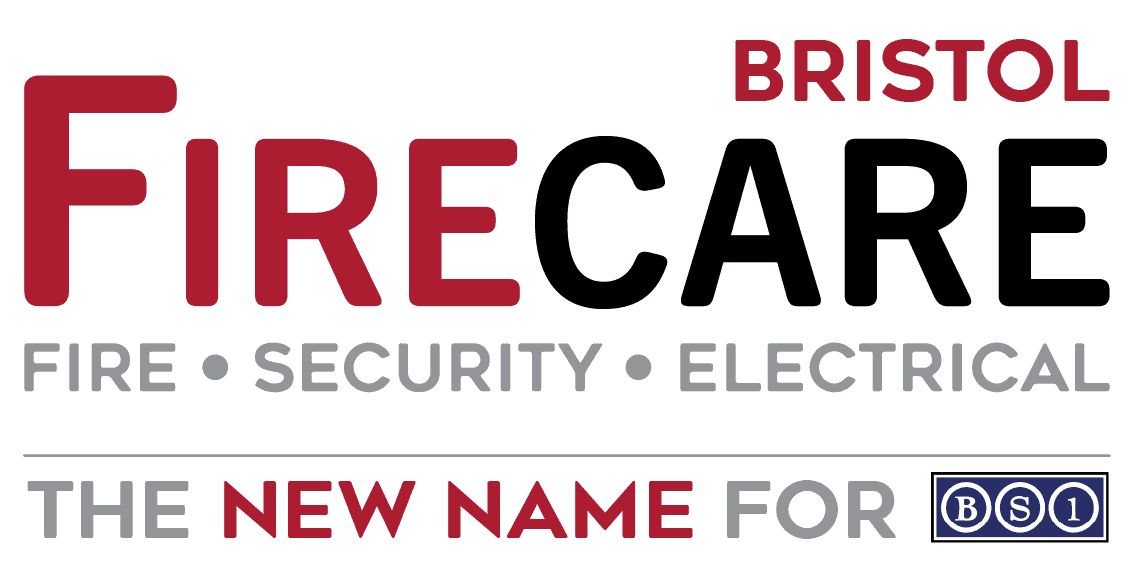Overt vs Covert CCTV – How To Use Surveillance in the Workplace
CCTV is a practical and cost effective way to deter intruders or thieves from your business premises, and can also be a great way to encourage productivity in the workplace. At BS1 Fire & Security, we offer a range of CCTV systems for businesses throughout Bristol and Bath, and are experts at installing both covert and overt security cameras to help you keep an eye on your premises 24/7.
What is the difference between overt and covert surveillance?
At BS1, we install many types of CCTV cameras for businesses, including those which are clearly visible, and CCTV systems which are more discreet. With over 20 years of experience, our professional team know that security solutions are rarely one-size-fits-all, and each premises may require a different type of CCTV solution to comprehensively fit its individual needs.
If your business premises is subject to break-ins, your building would be more suited to an overt camera system where the cameras are clearly visible to passers-by. This acts as a deterrent and is more likely to make the intruder think twice before breaking in or vandalising your property. A particularly effective example of this would be a motion-sensor camera which moves to face the direction of the movement trigger. This would show the intruder that their movements are clearly being recorded, which should encourage them to vacate the premises.
Covert CCTV cameras are more often installed to monitor your workforce as opposed to intruders. Although a tiny camera hidden in a pencil sharpener may spring to mind, our installers have fitted a variety of more practical discreet camera systems, ranging from smaller units built into offices, hallway cameras, and cameras built into door entry systems. The purpose of these types of cameras is not necessarily to be concealed, but to monitor more discreetly in public areas.
Is covert CCTV legal?
The UK General Data Protection Regulation and Data Protection Act 2018 include principles relevant to the use of CCTV in the workplace, stating that employers must have a lawful ground to process personal data, including CCTV footage. The data must only be collected for specified, explicit and legitimate purposes, and processed securely to protect against unauthorised access, accidental loss, destruction, or damage.
Supplementary guidance for workplace CCTV includes the Employment Practices Code (also known as the ‘Employment Code’) from the Information Commissioner’s Office (ICO), and the Data Protection Code on the Use of Surveillance Cameras (also known as the ‘Surveillance Code’). The guidelines are not legally binding, but could be considered in the event of unlawful surveillance taking place.
To summarise the Employment Code, employers should inform employees if monitoring is to take place, either in an employee handbook, using signage or other methods. Data obtained through this monitoring should be kept secure, and most importantly, covert monitoring should only be permitted where an employer has genuine suspicions that criminal activity or equivalent malpractice is taking place.
In this case, monitoring in the workplace is legal, but as reiterated in section 3.4.3 of the Employment Code, must not be “in areas which workers would genuinely and reasonably expect to be private”, such as toilets or private offices.
When to use CCTV in the workplace
Video monitoring at your business premises is a practical and effective way to deter intruders and trespassers, but the use of covert CCTV in the workplace can easily break privacy laws and is rarely justified. At Advance, we suggest that when monitoring your workforce using CCTV, adequate notices or other means to inform workers, visitors and customers are displayed, and those affected are clearly notified as to where and why monitoring is being carried out.
For further information regarding CCTV monitoring in the workplace, visit the below references from ICO, or consult your legal team. Our experienced engineers are happy to provide guidance regarding the most suitable and compliant video monitoring systems for your business premises – to get in touch, complete our contact form or give us a call on 01454 618 444.
References
https://ico.org.uk/media/for-organisations/documents/1064/the_employment_practices_code.pdf
https://ico.org.uk/media/for-organisations/documents/1542/cctv-code-of-practice.pdf
Bs1 Fire & Security has over 10 years of experience in the security sector providing CCTV and security systems to businesses in Bristol and the surrounding areas. To arrange a free site survey or to get a quote, complete our contact form today.
